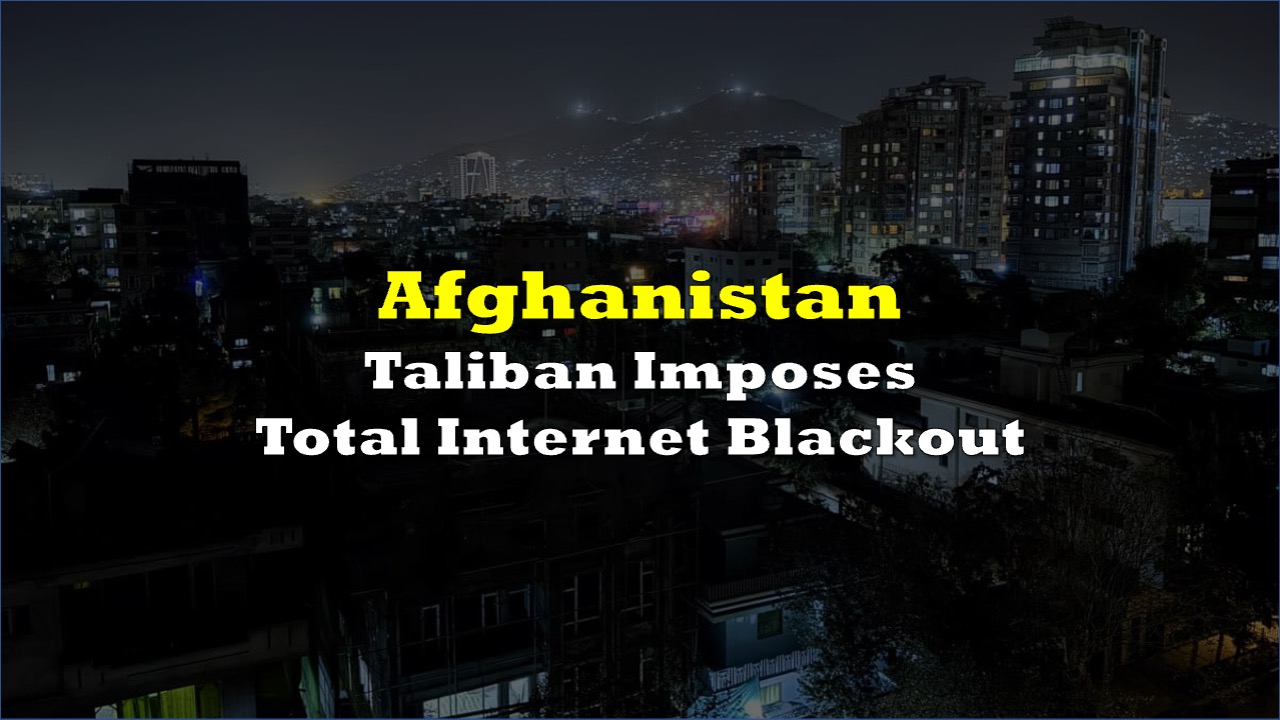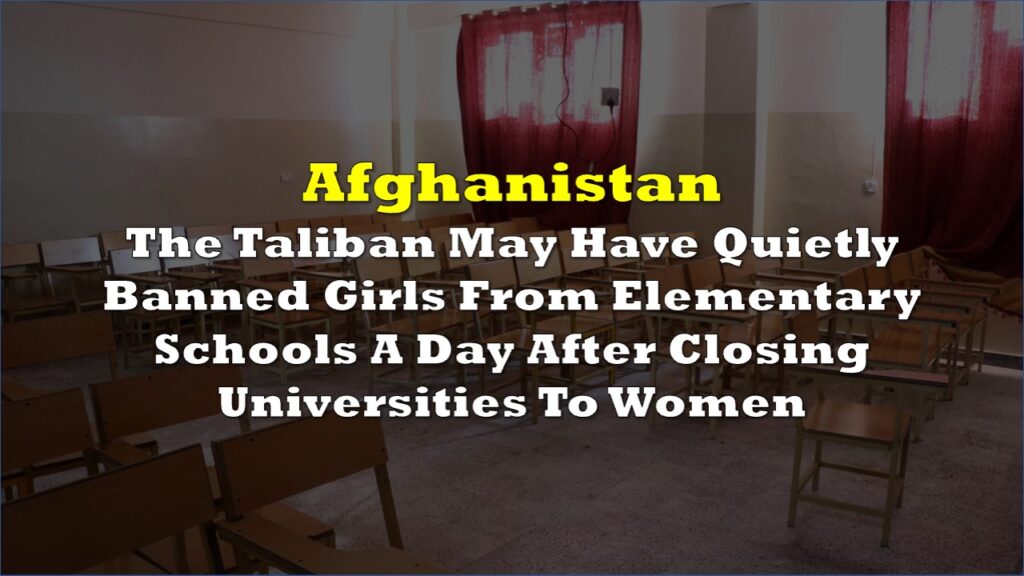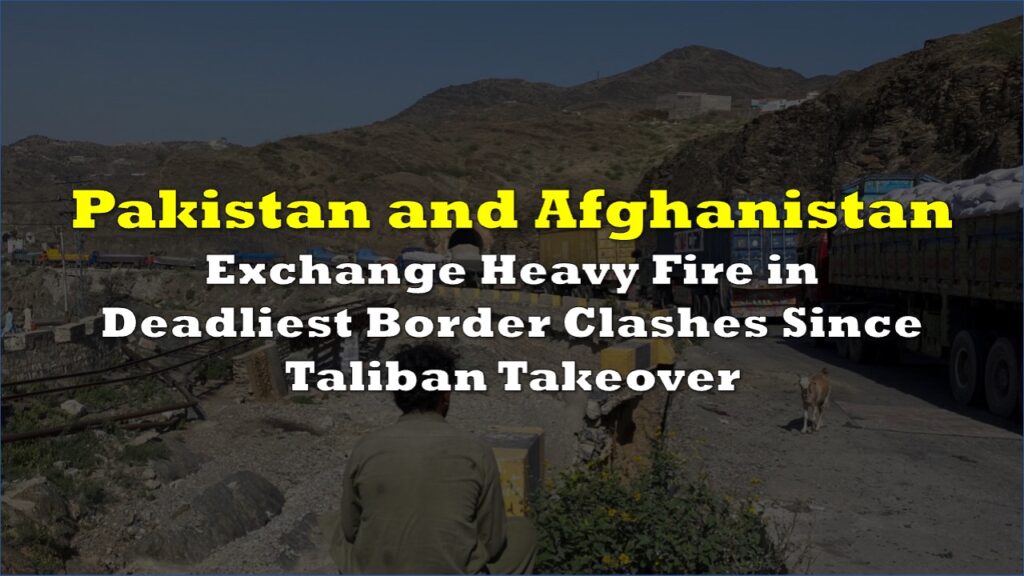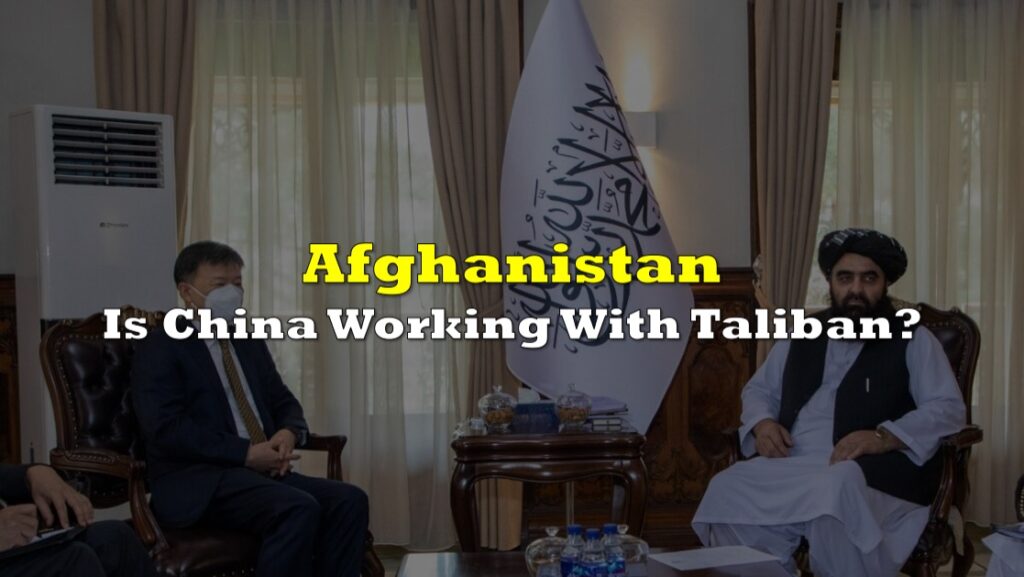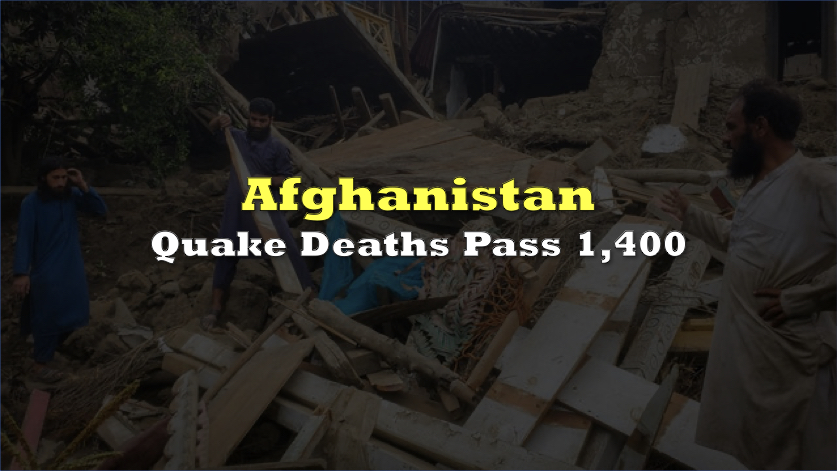Afghanistan plunged into a total internet blackout Monday as Taliban authorities severed telecommunications nationwide, cutting off all 43 million residents in what officials described as a crackdown on immorality.
The shutdown is the first communications blackout of its scale since the Taliban returned to power in 2021, threatening to worsen one of the world’s deepest humanitarian crises.
Internet watchdog NetBlocks confirmed that connectivity collapsed to near-zero levels as fiber-optic networks were disconnected in phases throughout Monday evening. Telephone services were also severely disrupted.
The United Nations Assistance Mission in Afghanistan called on Taliban authorities to immediately restore access, warning of severe consequences, including paralyzed financial operations, deeper isolation for women and girls, disrupted medical services, and aviation sector failures.
Taliban Supreme Leader Haibatullah Akhundzada ordered the shutdown to prevent what authorities described as “immoral activities,” according to Taliban officials in Balkh province. The group has previously expressed concerns about online pornography.
🇦🇫BREAKING: Afghanistan International reports that the internet outage in Afghanistan is permanent, the Taliban made the decision to "cut off the internet" after dialogue with Iran and Russia in an effort to limit Western surveillance.
— Faytuks Network (@FaytuksNetwork) September 30, 2025
Taliban officials told Afghanistan…
The blackout began gradually on September 16 when several provinces lost fiber-optic connections. On Monday, the capital Kabul and remaining regions went dark without prior notice.
The shutdown has cut off critical online education programs that thousands of Afghan women and girls relied upon after the Taliban banned females from attending school beyond sixth grade. Humanitarian groups report losing all communication with personnel on the ground.
Several international flights to Kabul were cancelled on Tuesday as the aviation sector grappled with communications failures. Banking operations and business transactions across the nation have ground to a halt.
Afghans living abroad described desperate attempts to reach family members. “It has only been a few hours since the internet was cut off, but for me, it feels like a lifetime has passed,” said Wahida Faizi, an Afghan journalist based in Denmark.
The country is still recovering from a magnitude-6 earthquake in late August that killed more than 2,200 people. The blackout now hampers the coordination of relief efforts in remote areas.
Taliban authorities said limited 2G mobile service may be restored, but provided no timeline for reinstating full internet access. A government official told AFP the shutdown would continue “until further notice.”
The US and most Western nations do not recognize the Taliban as Afghanistan’s legitimate government.
Information for this story was found via the sources and companies mentioned. The author has no securities or affiliations related to the organizations discussed. Not a recommendation to buy or sell. Always do additional research and consult a professional before purchasing a security. The author holds no licenses.

